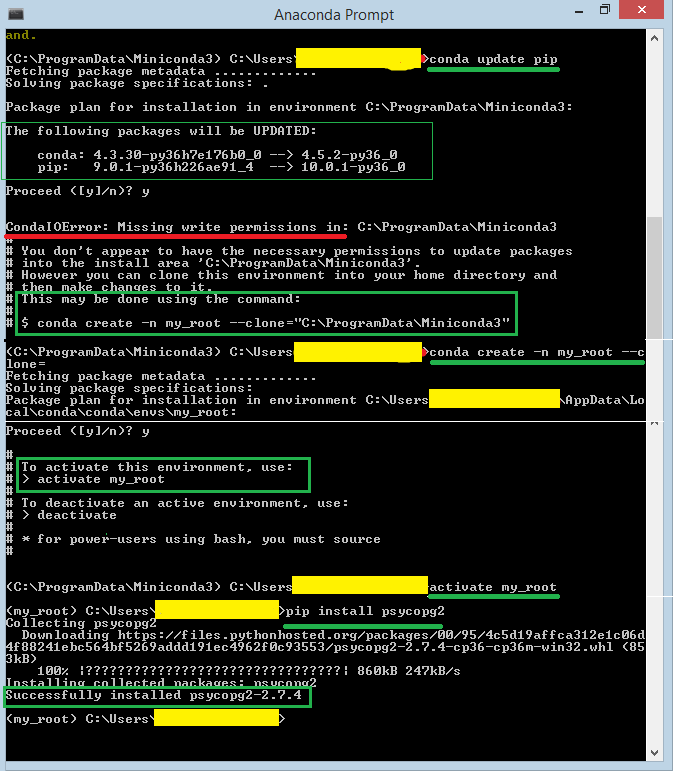


Run the rosdep image against your target workspace to output a script that describes how to install its dependencies.If you would like the latest nightly build, you can get it from Test PyPI pip3 install -index-url ros_cross_compile To install the stable release, pip3 install ros_cross_compile If you are using a Linux host, you must also install QEmu (Docker for OSX performs emulation automatically): sudo apt-get install qemu-user-static Follow the instructions to add yourself to the docker group as well, so you can run containers as a non-root user.This tool requires that you have already installed Note that many others likely work, but these are being thoroughly tested.

This tool officially supports running on the following host systems. It is recommended to use a release branch of ros2.repos from to do so, rather than master, so that you are not affected by development branch bugs and API changes. This means that there are not apt repositories available for the ROS 2 Core on this platform.īecause of that, when targeting Debian for a ROS 2 workspace, you must also include the source for the core as well. NOTE: ROS 2 supports Debian only as a Tier 3 platform. ROS 2: dashing, foxy, galactic, rolling.This tool supports compiling a workspace for all combinations of the following: Using QEmu, #69 tracks progress toward enabling cross-compilation. :construction: ros_cross_compile relies on running emulated builds A tool to automate compiling ROS and ROS 2 workspaces to non-native architectures.


 0 kommentar(er)
0 kommentar(er)
